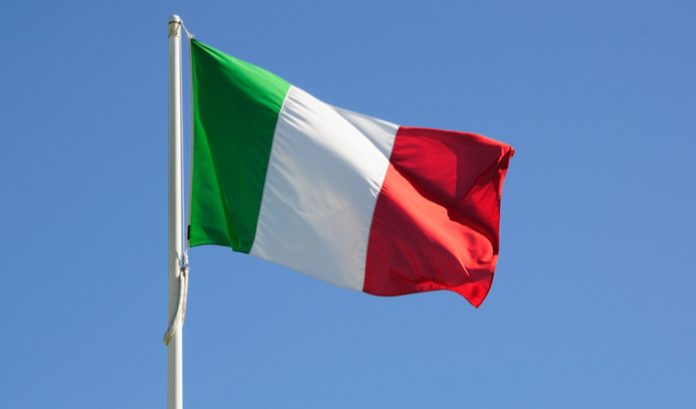The European Gaming & Betting Association (EGBA) has requested Italian authorities to justify why they have published a draft law proposal seeking to reduce the number of online gambling licences by two-thirds, in a notification to the European Commission.
The former 5Star-DP coalition government initially proposed a reduction of online gambling licences as a draft measure attached to Italy’s ‘2020 Budget Law‘.
However, the EGBA mentions that Italian authorities have proceeded to work on the proposal, which aims to limit the EU member state’s online gambling licenses to 40 and further raise licensing fees to €2.5m by 2023.
The Brussels-based trade association has stated that the Italian government must notify and disclose its draft proposal to the European Commission to ensure that its business mandate is compliant with EU laws on fair competition standards.
The EGBA detailed in its statement: “The tender proposal would reduce the country’s current limit of 120 online gambling licensees to 40, a significant reduction by two thirds, and seeks to increase licensing fees to at least €2.5m, 10 times larger than the country’s previous licensing fees.”
The original proposal put forward by the 5Star-DP coalition had been approved following the overhaul of Italy’s Customs and Monopolies Agency (ADM) as the regulatory agency governing Italian gambling.
The ADM had been ordered to put forward a series of extensive reforms across gambling’s land-based and online sector, starting with the restructuring of Italian gambling’s licensing frameworks.
In its assessment of the proposal, the EGBA has marked several conflicting areas such as licensing fees being resolved ‘through an auction process rather than through a fixed licensing fee’.
The EGBA further mentions that the proposed reduction would lead to weakened viability of Italy’s gambling market, which would be exposed to black-market threats as players move to unlicensed operators.
Maarten Haijer, Secretary-General, EGBA, commented: “We have asked the Italian authorities to duly notify the draft legislation to the European Commission. Notification is required by European law, and failure to do so will render the law inapplicable to Italian-licensed companies and its citizens.
“The Commission’s careful scrutiny of this proposal is needed, also to make sure that the draft legislation will not be contrary to the consumer protection objectives of the Italian online gambling legislation.”
Italian stakeholders hoped that Prime Minister Mario Draghi would soften on the former coalition government’s tough stance on the gambling sector, which had observed three years of back-to-back tax hikes and increased regulatory intervention.
However, Italy’s incumbents would be disappointed, as Draghi asserted that his administration would not re-evaluate industry laws and taxes passed by the previous government.



























